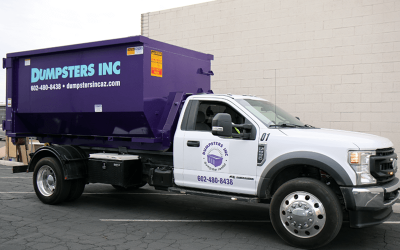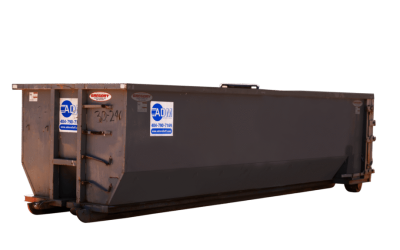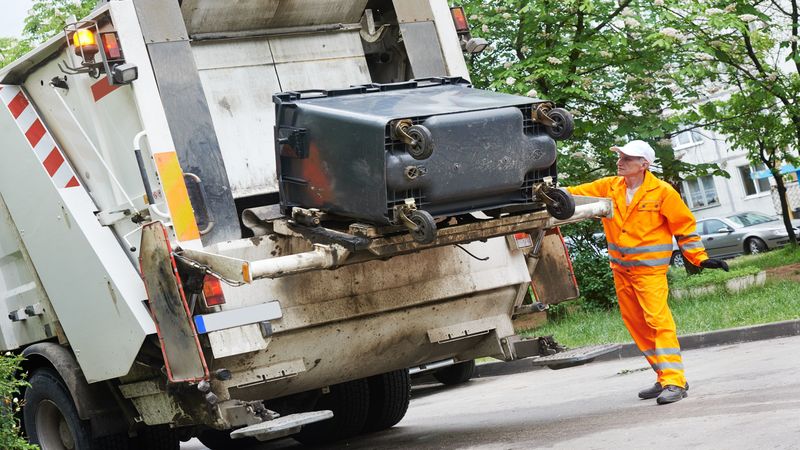One of the first things that most craft brewery owners realize is the ongoing costs of the beer manufacturing industry. Not only is there the cost of obtaining high-quality ingredients for craft brewing, but there is also the cost of equipment, power, and water that needs to be considered.
Additionally, wastewater treatment also has to be considered as an ongoing cost of brewing. Large companies that are manufacturing beer tend to have customized water treatment systems, most which are carefully designed and structured to accommodate the specific volume of wastewater produced in the process of brewing as well as for cleaning processes.
The Small Brewery Challenge
With a small craft brewery or a startup brewery, there are only a small number of cost-effective brewery wastewater treatment systems to consider. For virtually all breweries, the wastewater from both the manufacturing of the beer and the constant cleaning processes required does not meet the purity levels allowable for direct disposal into municipal water treatment systems. Additionally, due to the organic material and the chemicals present, it cannot be disposed of over the ground in rural areas.
Custom designed brewery wastewater treatment systems are simply too costly and use a lot of land, even with vertical treatment systems that do not require lagoons. Trucking off all of the wastewater is also cost prohibitive, even for small scale breweries.
The best brewery wastewater treatment systems provide a dewatering system. This allows a roll-off tank arrangement to process the wastewater through the use of specialized media and filtration, allowing the clear, safe water to be disposed of through the sewer or safely run off over the ground in rural areas.
The solids, which remain in the tank, can then be disposed of as needed, or even used as an additive for the soil in agricultural settings. By only disposing of the solids, the cost of the disposal is dramatically reduced, saving the brewery in costs and time.








